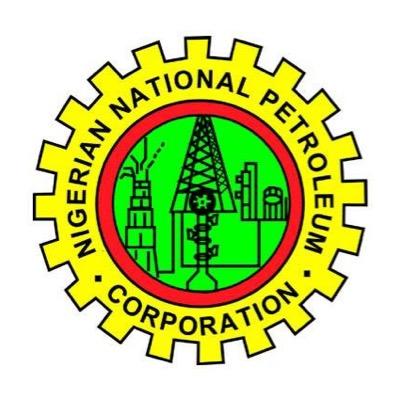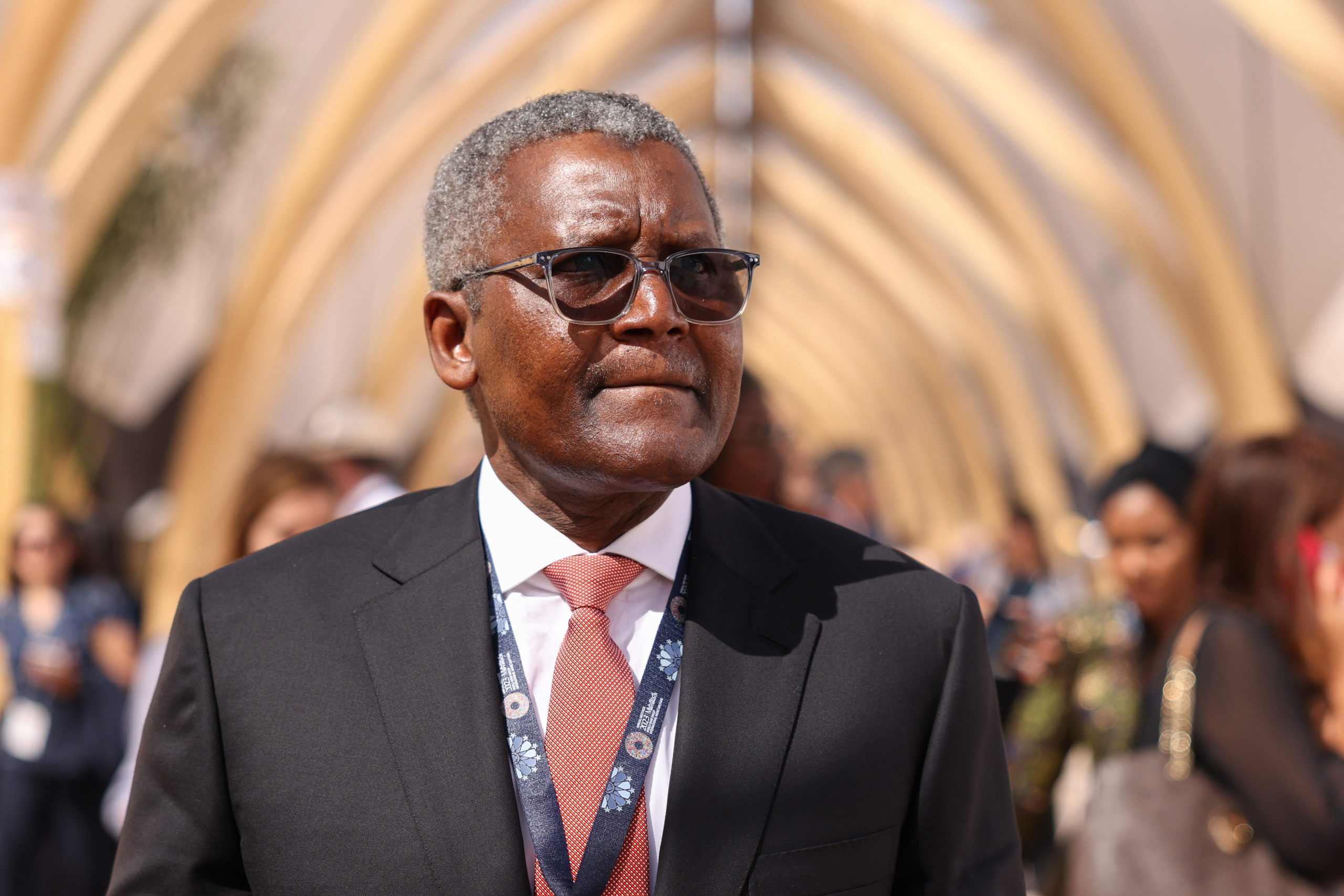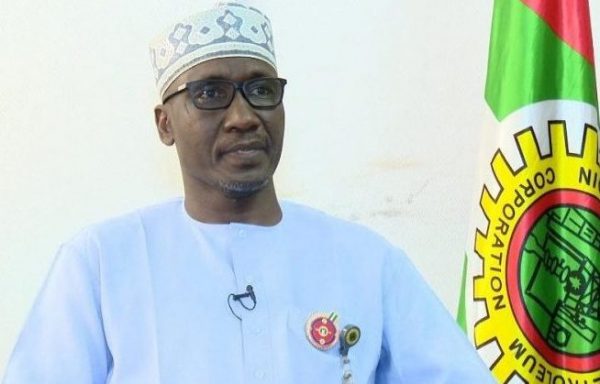Business
Over 200 Illegal Refineries Operating In Nigeria – Kyari
Addressing the Committee chaired by Hon. Abdullahi Gaya, the GMD said though the situation was regrettable, the NNPC was doing something to bring the refineries back to work.

The Group Managing Director (GMD) of the Nigerian National Petroleum Company (NNPC) Limited, Mr. Mele Kyari, has lamented that none of the government-owned refineries are presently working, even as he revealed that there were over 200 illegal refineries being operated across the country.
Meanwhile, Kyari, has lamented that none of the government-owned refineries are presently working, even as he revealed that there are over 200 illegal refineries being operated across the country.
The GMD made this known when he appeared before the House of Representatives Joint Committee on Petroleum Resources (Downstream) investigating the increase in prices of diesel and cooking gas.
Addressing the Committee chaired by Hon. Abdullahi Gaya, the GMD said though the situation was regrettable, the NNPC was doing something to bring the refineries back to work.
While noting that a good number of illegal refineries had been taken out, he said the company was in the process of doing a quick fix on the Warri refinery.
On petroleum supply, the GMD stated that no one could guarantee the security of petroleum supply, as countries are preserving excess volume that they have in their kitty.
Kyari blamed the current energy crises on the Ukraine and Russia war which resulted in the increase of petroleum product.
He said the solution was to restore crude oil production, and for the Central Bank of Nigeria (CBN) to create more dollars, adding that there was a massive intervention that was ongoing to see if the issue would be resolved by the end of July.
He explained, “Community members are not the thieves, absolutely not. Everything we are doing is to incorporate the communities into the process of protecting these assets.
“The National Assembly in its wisdom also included Trust Fund for the communities in the Petroleum Industry Act (PIA) so that they become parts and parcel of the system. Criminals in the Niger Delta come from all parts of the country. At these illegal refineries there are people from all works of life there.
“Many of these people are completely armed and the community members cannot even report them, they are helpless because if they report them, they will come after them.
“My suggestion this moment is deliver supply, make sure oil marketers are also able to import, and there’s need to engage the CBN to create more dollars, once we do these, dollars will be allocated for the import of AGO, the will also dampen the effects of going to buy dollar in the open market.
“So you can have cheaper dollar and definitely it will affect the price. Secondly, the regulatory institutions, the authority, Consumer Protection Council and NNPC, I suggest we need to sit jointly to see how arbitrage can be managed so that the end user is not completely exploited.”
Speaking further, Kyari ruled out the possibility of returning to the regime of subsidising diesel and LPG.
“Today countries are toying with subsidy because prices are so high because they don’t think they can manage inflation associated with it,” the GMD added
On his part, the Chief Executive Officer of the Nigerian Midstream and Downstream Petroleum Regulatory Authority (NPRA), Mr. Farouk Ahmed agreed with the GMD that the invasion of Ukraine by Russian contributed to the energy crises, due to fact that Russia is a major producer.
Ahmed also blamed supply disruption, the rise in the barrel of crude oil price to as high as $120 and the prevailing naira exchange rate for the energy crisis in the country.
He opined that the availability of adequate foreign exchange at official rate of N410 to the dollar and the revitalisation of the nation refineries remained the panacea to the energy crisis in the country.
According to him, “it is important to stress that the country has no control over the price of AGO or any other petroleum products at the international market.
“However, countries all over the world are making various efforts at easing the present global high crude oil prices on domestic petroleum products prices. The following are recommended initiatives to address the current high prices of AGO and LPG in the country.
“Required amount of FX for importation of the petroleum products be made available to the genuine importers at CBN official rate; encourage establishment of more local refineries and LPG processing facilities to meet domestic demands, and increase LPG supply from major domestic producers including NLNG, BRT processing, CNL LPG FSO. Consequent upon the foregoing, an extensive consultation is required amongst key Stakeholders, towards lessening the present tension being generated by the global high oil prices.”
In their presentations, some of the oil marketers appealed to the lawmakers to urge the CBN to make FX available to them, in order to make the importation of petrol into the country competitive, reduce the rising cost of the product, and stop the overdependence on NNPC.
Earlier in his remarks, Gaya noted that Nigerian has refining capacity but because none of the refineries were functioning was what placed the country in its sorry state.
He said there was need to find solution to the high cost of diesel and cooking gas in a bid to cushion the effect on the generality of Nigerians.



